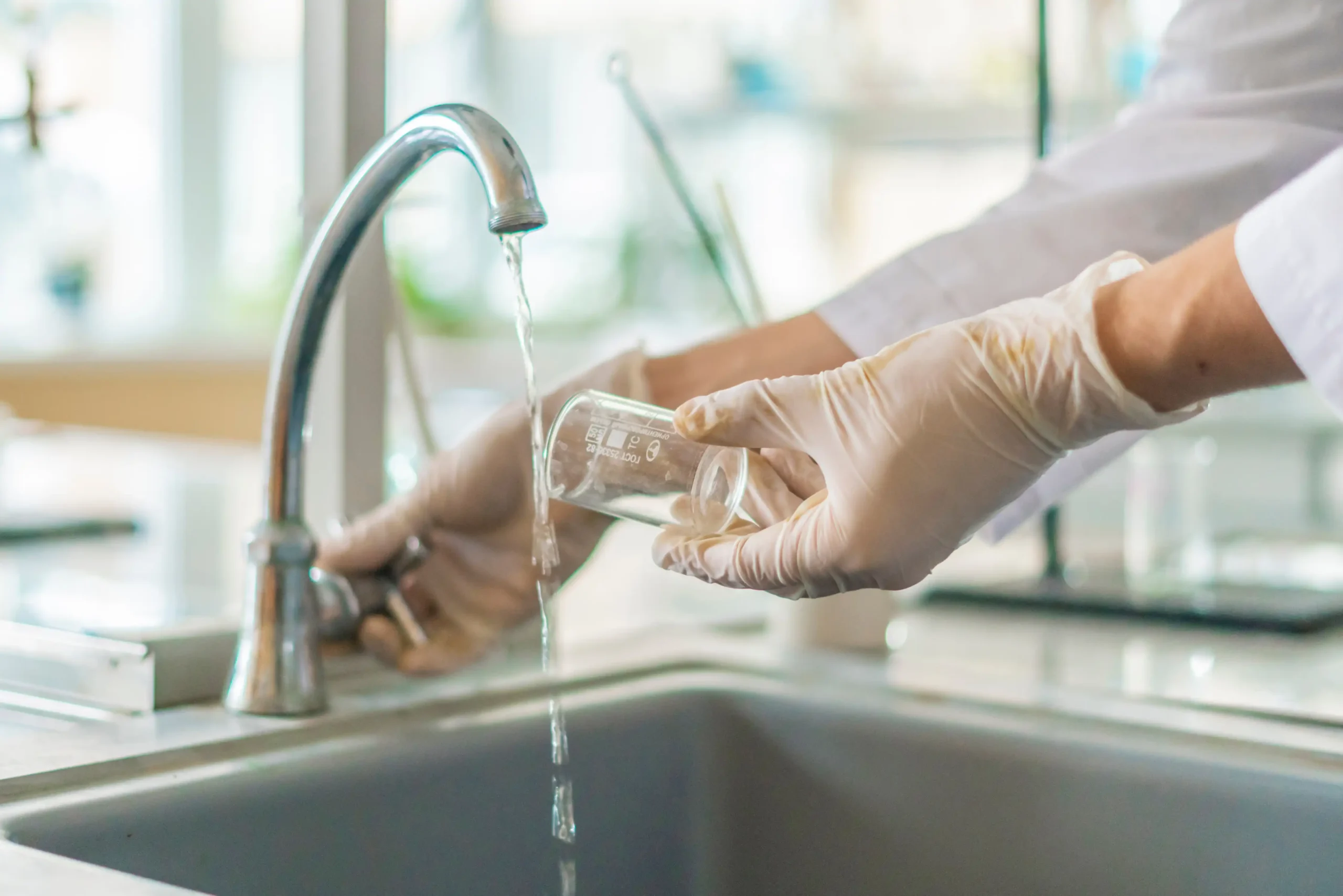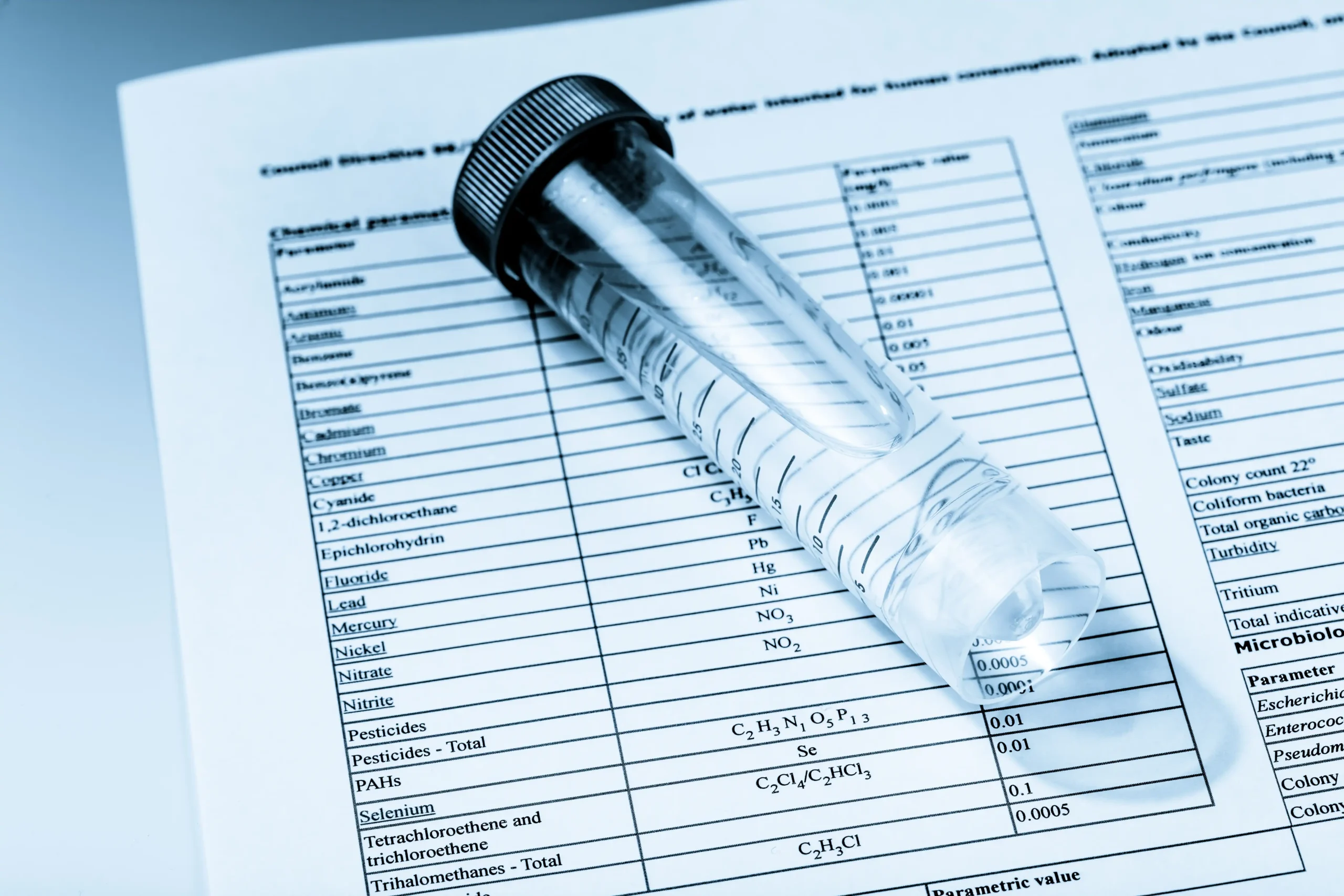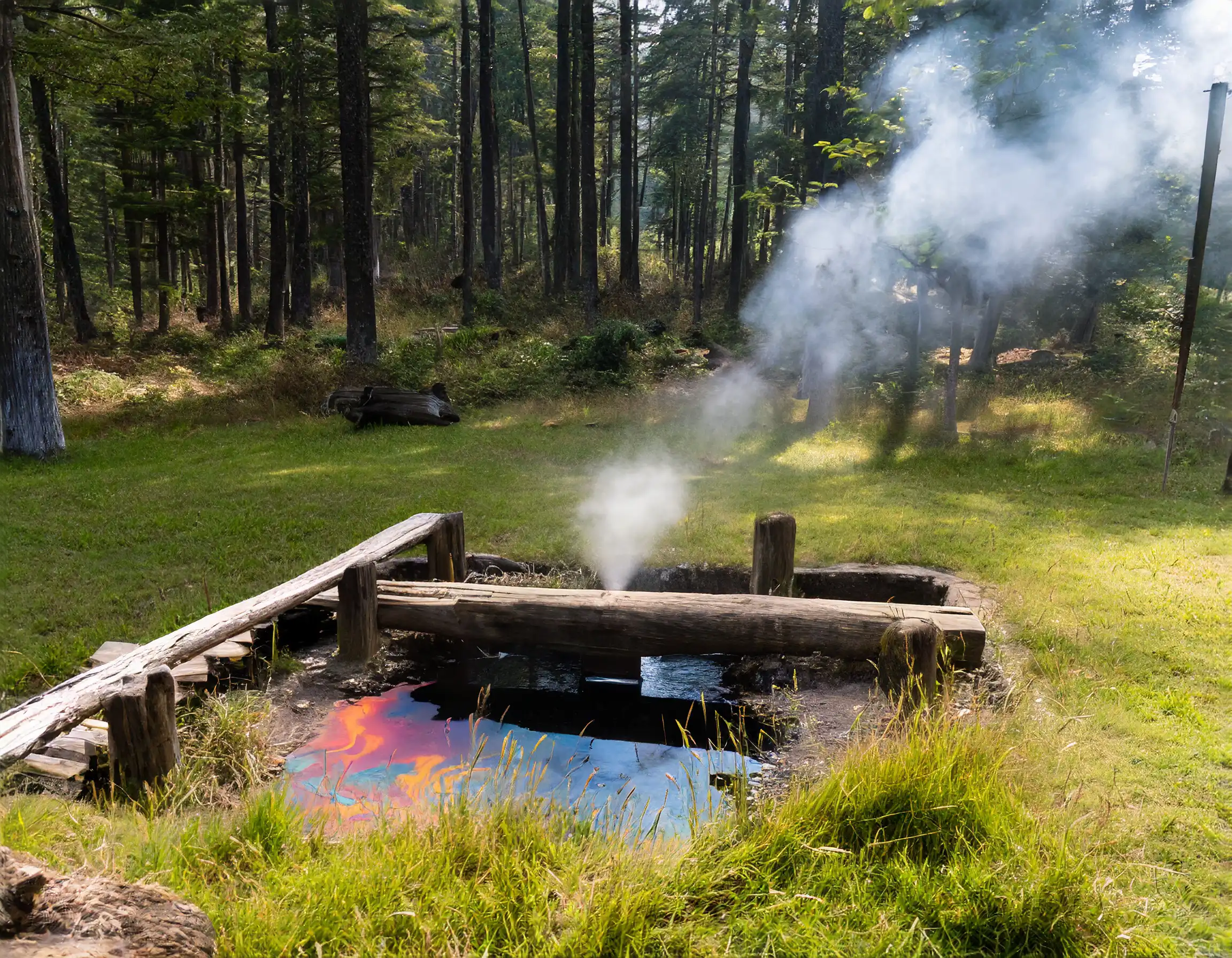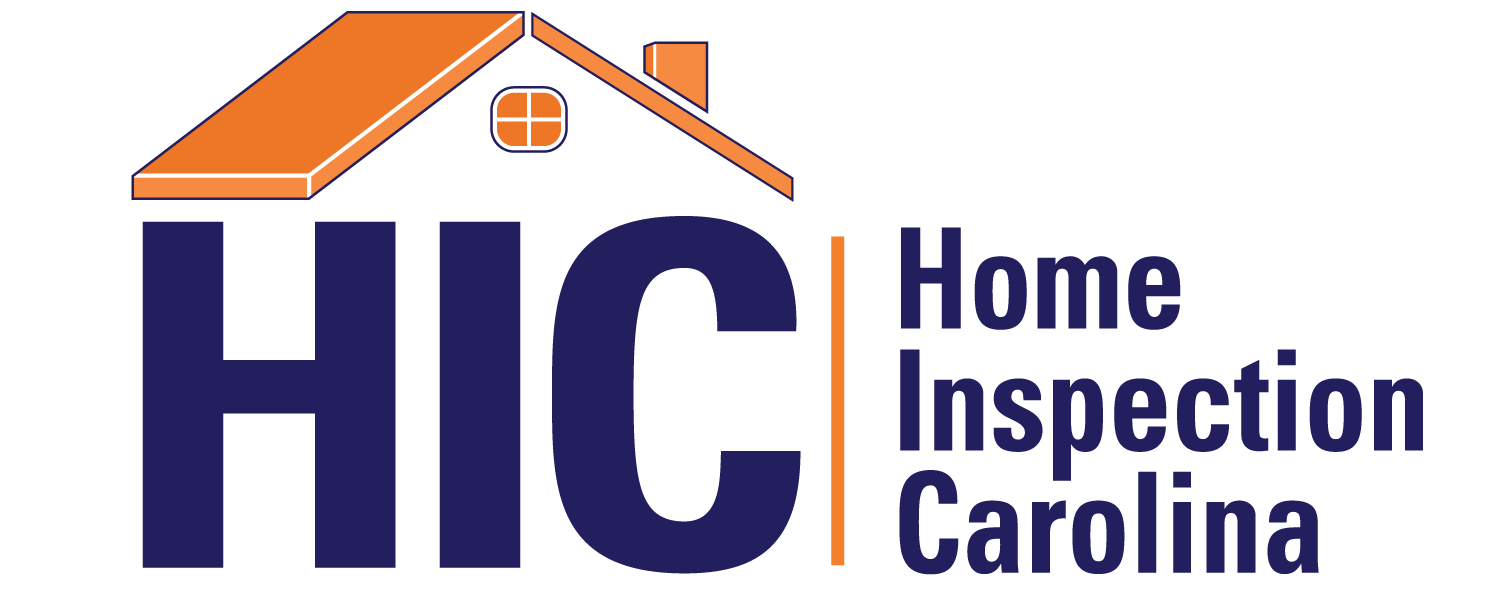Coliform and E.coli Contamination in Your Well Water
How to Deal with Coliform and E.coli Contamination in Your Well Water
Discovering Coliform or E.coli in your well water can be unsettling. These bacteria can indicate the presence of harmful pathogens that pose serious health risks. Here’s a comprehensive guide on identifying symptoms, understanding common causes, and tackling such contamination effectively.

Recognizing the Symptoms and Causes
Symptoms of Contamination
Water contaminated with Coliform or E.coli might not always have a noticeable taste, smell, or color change. Therefore, regular testing is crucial. Symptoms of exposure in humans can include nausea, vomiting, fever, abdominal cramps, and diarrhea. If you experience these symptoms and use well water, consider testing your water immediately.
Common Causes
Coliform and E.coli can enter well water through several pathways:
- Runoff from agricultural areas
- Faulty septic systems
- Floodwaters
- Harmful waste from animal farming
Approaches to Prevention and Maintenance
Regular Testing
Testing your well water at least once a year for Coliform bacteria and E.coli is essential. These tests are often provided by local health departments or can be conducted by certified laboratories.

Proper Well Construction and Maintenance
Ensure your well is correctly located, constructed, and maintained. The well should be sealed adequately to prevent surface water from entering. Regular inspections by professionals can identify potential issues before they lead to contamination.
Managing Runoff
Diverting surface water away from your well can prevent contaminants from entering your water supply. Keep the area around your wellhead clear of debris, fertilizers, and pesticides.
Remedying Coliform and E.coli Contamination
Upon detecting Coliform or E.coli, stop using the water for consumption immediately. Use bottled water or boil tap water for at least one minute before drinking, cooking, or washing dishes.
Shock Chlorination
One of the most effective methods to eliminate bacteria from well water is shock chlorination. This process involves adding a strong chlorine solution to your well water and plumbing system. It’s essential to follow specific guidelines for shock chlorination to ensure safety and effectiveness.
Centers for Disease Control and Prevention (CDC) provides a detailed guide on performing shock chlorination.
Water Treatment Systems for Coliform and E.coli in Your Well Water
For long-term solutions, consider installing water treatment systems such as:
- UV Light Filters
- Reverse Osmosis Systems
- Chlorine Injection Systems
These systems can effectively remove or kill bacteria, ensuring your water is safe for consumption. Always choose products certified by the National Sanitation Foundation (NSF) for water safety.
Preventing Future Contaminations
Regular Inspections and Maintenance
Conduct annual well inspections and water quality tests. Ensure the well cap is intact, and there are no cracks in the well casing.
Landscaping and Runoff Management
Proper landscaping around your well can prevent water contamination. Plant grass or other vegetation to absorb excess water and reroute drainage systems away from your well area.

Educate Yourself and Others
Understanding and sharing knowledge on well maintenance and water safety can help prevent future contamination. Encourage neighbors to test and maintain their wells to protect the broader community’s water supply.
By following these steps and maintaining vigilance, you can ensure your well water remains clean and safe from Coliform and E.coli contamination. Remember, prevention is key to safeguarding your health and that of your loved ones. To schedule water testing contact us today at 704-542-6575 or schedule online.
For more tips and updates on maintaining safe, well water, follow us on social media and repost this guide with the hashtags #WellWaterSafety #ColiformPrevention #CleanWater. Stay informed and stay safe!

